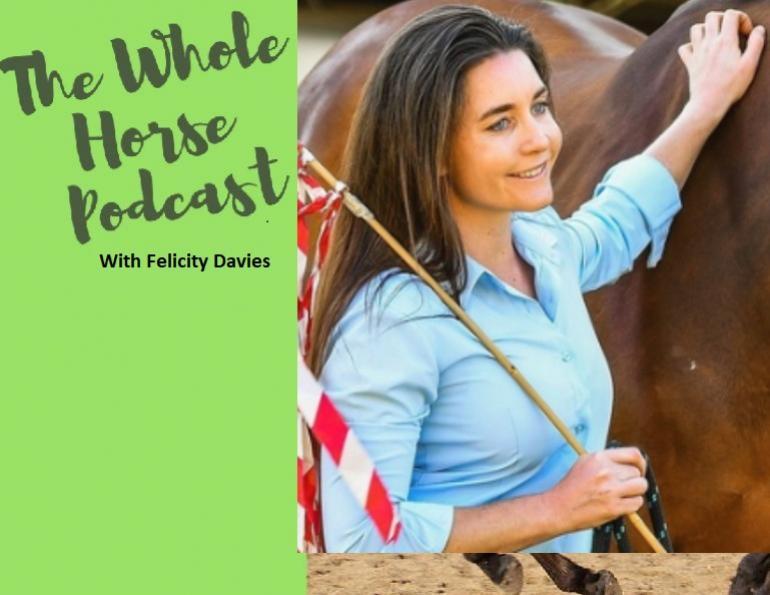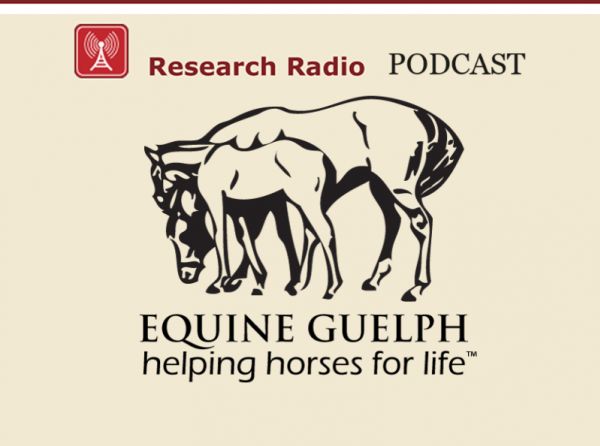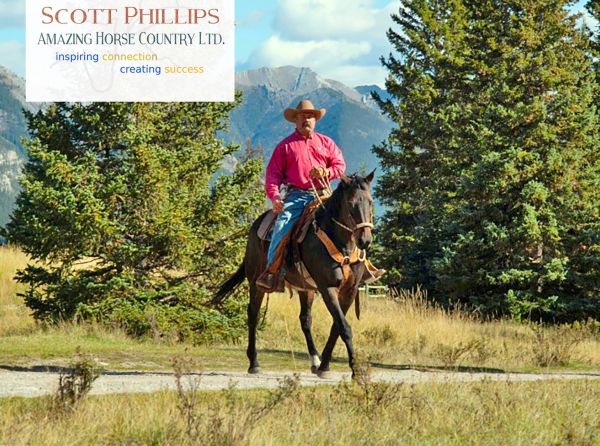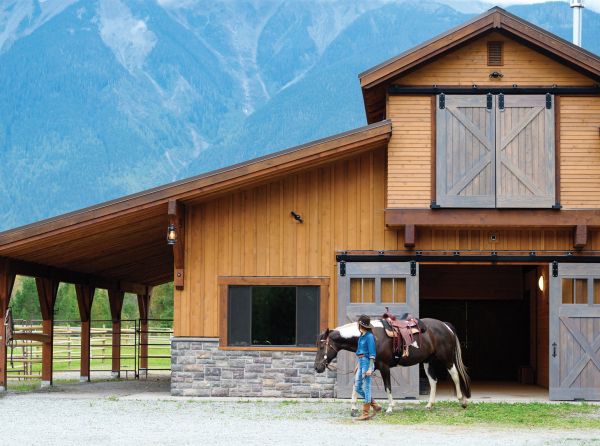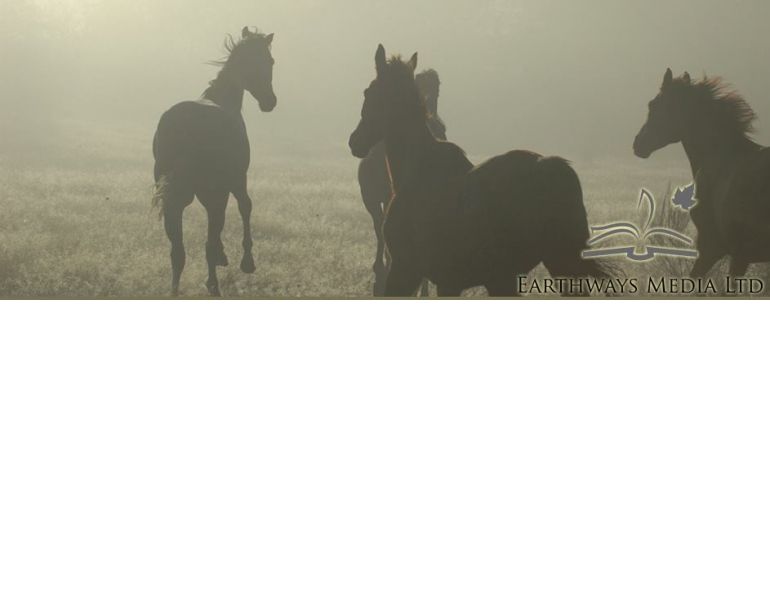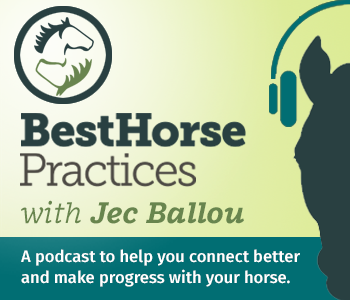By Oriane Lee Johnston
Salmonberry Arts & Publishing, 2022; memoir; ISBN 9781777149208; 340 pages; paperback, ebook
Reviewed by Tania Millen, BSc, MJ
This complex memoir recounts Johnston’s internal tussles and deep reflection on finding meaning in the latter part of life. After splitting with her long-term partner, leaving her job of 16 years, and losing family relevance, Johnston — a 60-year-old woman from Vancouver Island, BC — goes to Africa on horseback safari. Her writing invites readers to question their limiting beliefs and internal barriers while navigating life’s challenges and opportunities. Nuanced storytelling and Johnston’s willingness to share her raw feelings while hoping for “an opening in the dark forest” of her life drew me in.
Johnston discovered horses in mid-life and, declining traditional riding lessons, pursued natural horsemanship instead. Seeking a rebirth and new adventures, she commits to a trip to Africa after Googling “horse+volunteer+Africa” and that’s the start of her love for the people, wilderness, horses, and humanity of the continent.
The book is split into three parts, and Part One introduces tendrils of the book’s subplots. It describes Johnston’s initial visit to Mozambique and Zimbabwe, the present-day effects of colonialism, and the beginnings of a potential love affair with a handsome African horseman. Her vivid description of galloping flat out through prickly brush to avoid becoming prey of lionesses took me right into the bush with her, pounding heart and all.
Upon returning to Canada, Johnston attempts to hold onto her “internal recalibration” which she writes is tough when “society conspires to propel us toward something: some place, some event, some accomplishment, some demise, something not right now.” But “Africa gets into your blood” and the “cautious down-to-earth love letter” she writes garners a phone call from her horseman on the opposite side of the Earth, inviting her return.
In Part Two, Johnston returns to her lover, writing, “He is, after all, half of what brought me back to Africa.” She volunteers at another horseback holiday operation, reveling in their herd of horses galloping gaily into camp. Johnston examines how geography, place, and identity intertwine, shares her fears, and opens herself to unspoken desires. She describes landscapes most only dream of riding through. Drawn into her lover’s culture, she writes, “Every day brings revelations about a way of life that is utterly unknown to me.” Johnston returns to Canada, then traipses back to Africa, a cream dress in her bag — “a wedding dress, just in case.”
Part Three is a reckoning as Johnston struggles to reconcile her feelings about a relationship which epitomizes “the tragedy of the 21st century polarized world: the disparity between haves and have-nots.” During many life decisions, Johnston calls on the spirit world for answers. Ultimately, she survives “the ache of a heart on the precipice of loss” and finds a slice of peace while holding space for what may come.
It’s an inspiring and courageous memoir intertwined with a love of horses which reveals the intricacies of living and loving in vastly different cultures.





